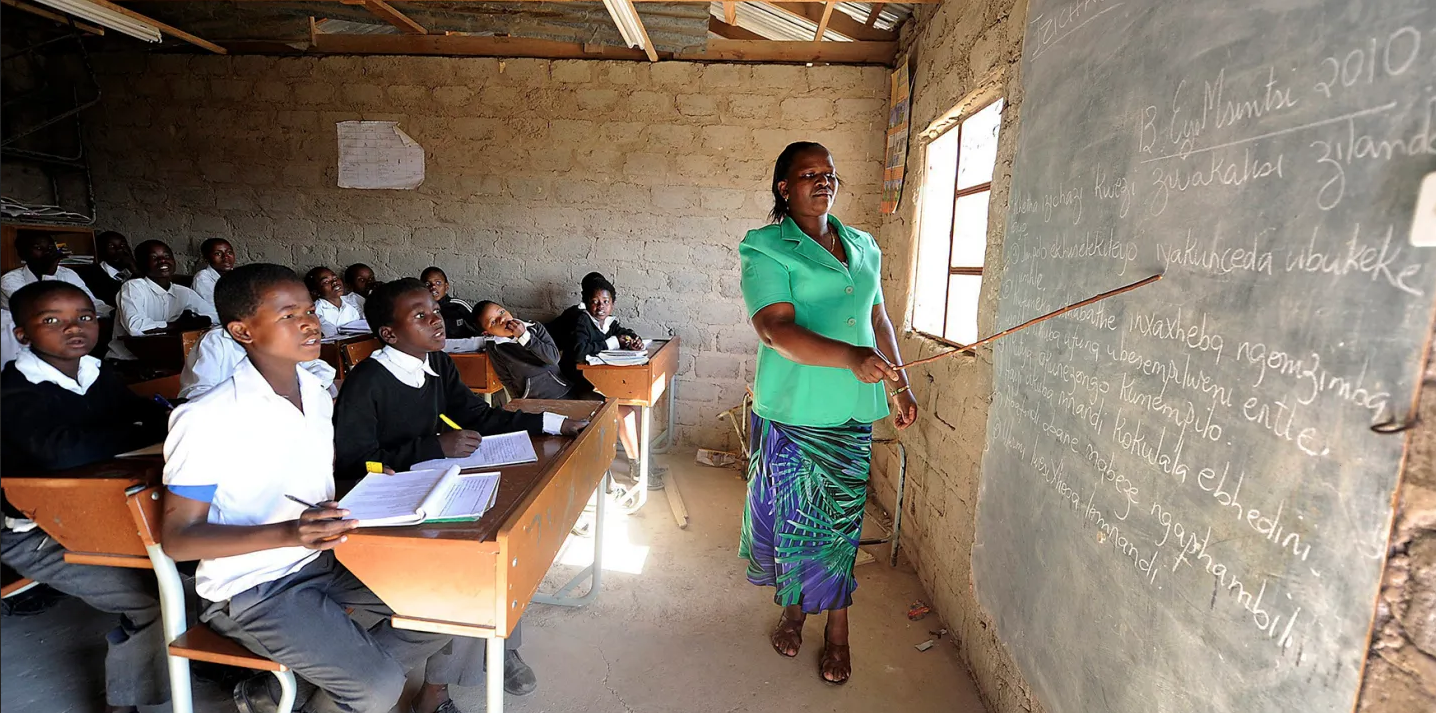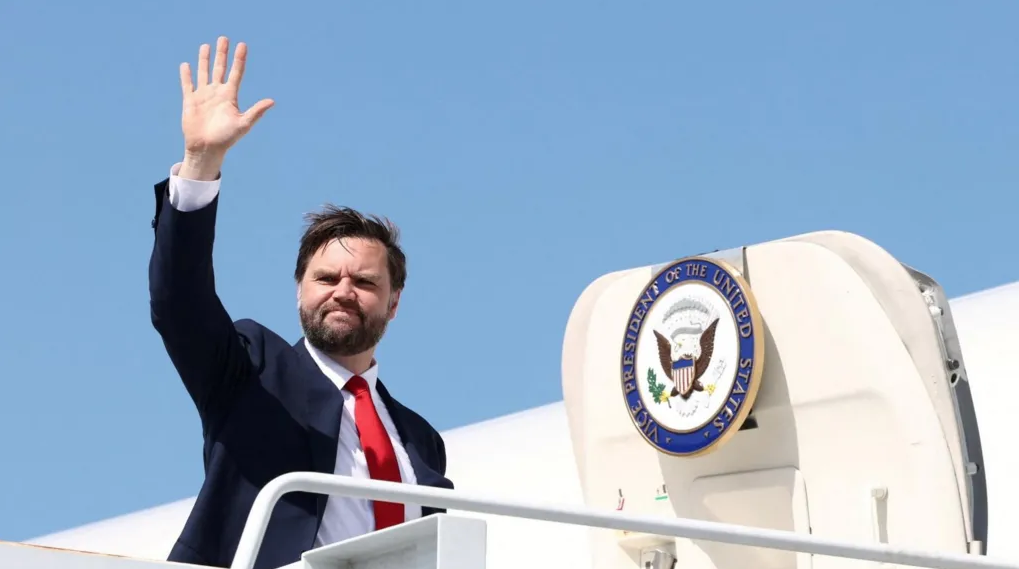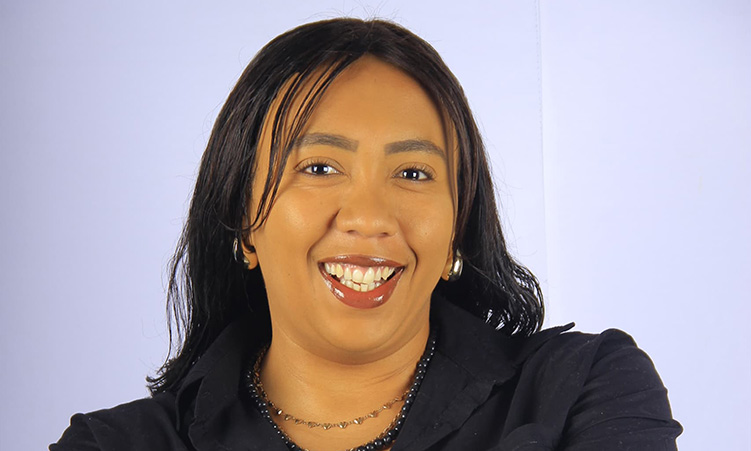‘THE State of Namibia shall endeavour to ensure that in its international relations it adopts and maintains a policy of non-alignment; promotes international co-operation, peace and security; creates and maintains just and mutually beneficial relations among nations; foster respect for international law and treaty obligations; encourages the settlement of international disputes by peaceful means’ – Namibian Constitution, Art. 96.
The Namibian army is becoming a black hole.
Just for this financial year, defence received a whopping 2.6 billion Namibian dollars – second after education. And the projections for 2010-11 and 2011-12 show an upward trend. The figures from 2006-7 to present were all above the one billion dollar mark.
The Ministry of Defence justifies this expenditure on a number of grounds: new recruits, training, education and research, construction of new bases and procurement of new defence equipment.
It’s clear that our army has become a very expensive and costly institution to maintain and we must therefore rethink its continuation at this historical juncture. I argue here from two planks – one conceptual and the other practical – that we don’t need it now.
At the conceptual level it would be better if we take a cue from Article 96 of our Constitution. It is cast in a Kantian language although many of us might not know that. The philosopher Immanuel Kant coined the phrase ‘democratic peace’. It’s is not just a phrase but a philosophical idea. Kant postulated, centuries back, that democracies rarely or never go to war with one another. His hypothesis has since led to intense scholarly debate between idealist and realist scholars.
Now if we argue, from an idealist position, then Namibia is a democracy in theory, as provided for by the Constitution, and in practice as it observes the rule of law and holds regular elections at specified intervals – the good governance speak.Other countries in the region, especially our immediate neighbours, also say they are democratic both in theory and practice.
Not only that, Namibia is also a member of SACU and SADC. These organisations come close to Kant’s idea of a confederation of free states in order to preserve democratic peace.
Back to the Kantian hypothesis, it is perhaps safe to argue that there is no danger of imminent war for Namibia from its neighbours and therefore no need for a standing army with all the cost that goes with it. Also simplifying the Kantian democratic peace argument as a dynamic learning process; one can argue that most people in the region have gone through decades of wars and the population has become wary of fighting. One would therefore assume that most people have become pacifist because of those past experiences and wouldn’t vote to go to war. Southern Africa is thus no longer the ‘rough neighbourhood’ that Chester Crocker once described.
But there is also the practical aspect to my argument. Now if the Kantian ideal doesn’t work, and Namibia is faced with war threat from one of its neighbours, can it defend itself? The Ministry of Defence says ‘potential aggression/threat will be met with robust force’. I insist here that Namibia has no capability/capacity in terms of person-power and otherwise to take on say South Africa, Angola, Zambia, or even the bankrupt Zimbabwe. And Botswana is better organised than Namibia. Namibia has no enemy to fight and there is thus no need for a standing army.What is to be done then?
Arguing from those two planks, I suggest that Namibia should abolish its standing armed forces. The security problems facing this country are not from outside but within – crime, theft and corruption.
What is needed therefore is a well-trained, equipped and robust police force to fight crime at all levels and corners of this country. And also a Coast Guard to protect our territorial waters. There are other countries around the world without standing armies – Costa Rica, Iceland, Samoa, Lichtenstein, to name just a few – so Namibia won’t be an exception.
As it is now, most African armies are used as ‘security/presidential guards’ to protect rulers who want to hang on to power unconstitutionally, clamp down on internal revolts, job creators of last resort, and dumping grounds for obsolete military equipment from overseas and all the corruption that goes with that.
Remember how we ‘lost’ three million dollars to a ‘ghost’ arms supplier?Namibia should therefore work towards the broadening and deepening of substantive democracy at national, regional, continental levels in order to give meaning to the idea of democratic peace and its promise.
Stay informed with The Namibian – your source for credible journalism. Get in-depth reporting and opinions for
only N$85 a month. Invest in journalism, invest in democracy –
Subscribe Now!










